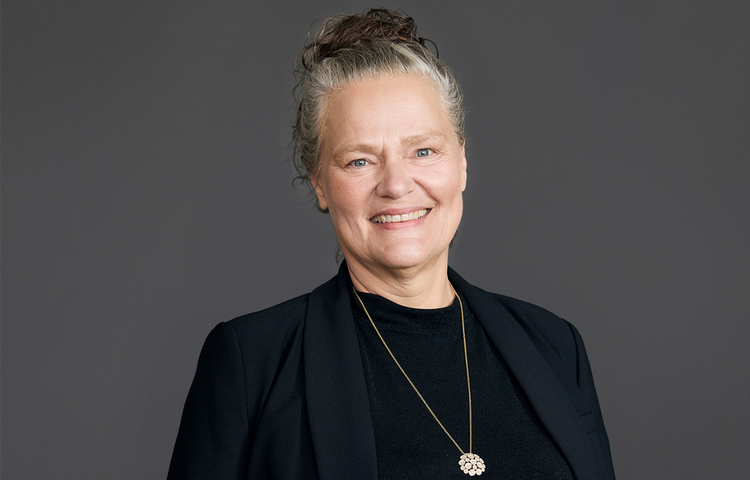Three more carbon credit methodologies approved for high-integrity CCP label
ICVCM's assessment of clean cookstove methodologies is now complete.

The Integrity Council for the Voluntary Carbon Market (ICVCM) has approved three clean cookstove and adipic acid carbon credit methodologies for its Core Carbon Principles (CCP) label.
The three methodologies approved include Gold Standard’s ‘Reduced Emissions from Cooking and Heating – Technologies and Practices to Displace Decentralised Thermal Energy Consumption (TPDDTEC) version 2-3.1’, as well as Climate Action Reserve’s US and China Adipic Acid Production Protocols.







